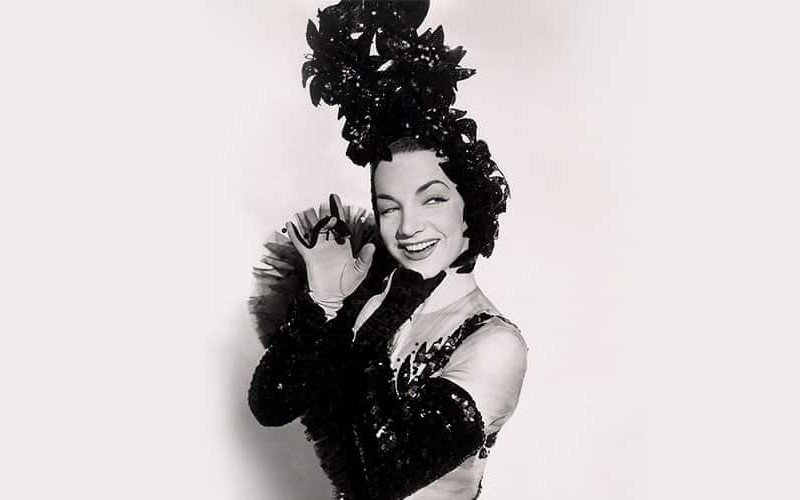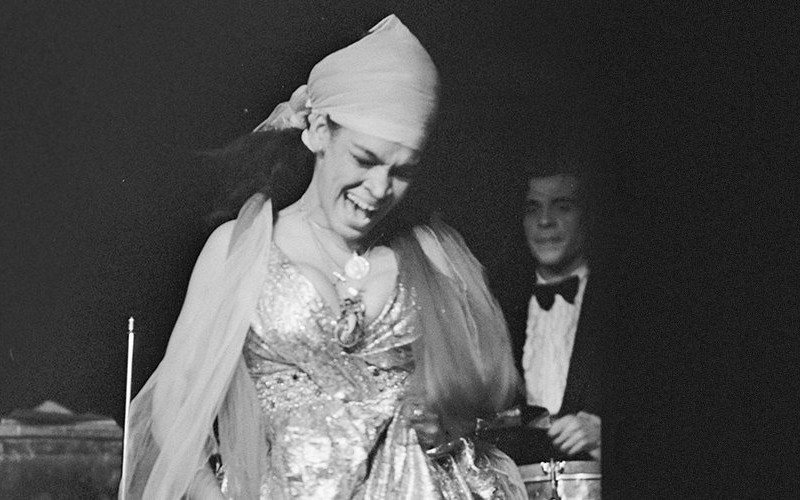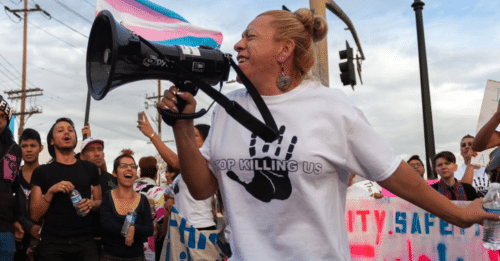National Latina Day: From One Woman’s Vision to a Nationwide Movement
In 2015, Dolores “Loli” Alvarez Castilla launched a Facebook page with a simple mission: celebrate Latinas, their contributions, and each other. What began as a spark became a movement that has shifted culture and inspired millions.
How Dolores “Loli” Alvarez Castilla Ignited a Movement.

National Latina Day is a day of celebration and recognition dedicated to honoring the contributions and achievements of Latinas in U.S. society, from arts and culture to politics and business. On this day, the rich cultural heritage, resilience, and trailblazing spirit of Latina women are brought to the forefront, and communities unite to pay homage to their legacy. But who is the woman behind this movement? And why is she left in the shadows?
How Did National Latina Day Start?
The roots of National Latina Day can be traced back to 2015, when Texas-based Dolores “Loli” Alvarez Castilla created a Facebook page to empower Latinas. Over time, as the Latina community expanded its influence in the U.S. and around the world, it became evident that there was a pressing need to have a day dedicated to the celebration and amplification of the myriad of achievements and stories of Latina women.
In an interview with blogger April Monterrosa, Castilla said her message about the day is simple, “It is time for us to stand up and be counted for all that we are and all of our accomplishments. It is time to change the mindset of people that we are just loud women with attitudes.”
As the designated day made the rounds, Latinas everywhere began to share their experiences, achievements, and pride as Latinas. National Latina Day was born, and it’s been celebrated every year on August 20 since then, with red as the official color of the day.
Why Celebrate Latina Day?
In an era where Latinas frequently grapple with cultural stereotypes, National Latina Day serves as a powerful counter-narrative. Instead of subscribing to broad-brushed notions, this day thrusts the spotlight on individual stories that epitomize grit, intelligence, and resilience, effectively shattering age-old stereotypes.
This celebration paves the way for the future. The young Latina generation, looking ahead, now finds itself surrounded by a diverse range of role models. Be it the groundbreaking work of scientists or the mesmerizing creations of artists, the horizons have expanded, allowing these young minds to dream beyond traditional confines and outdated cultural expectations.
At its heart, National Latina Day is also a celebration of culture. Latinas stand as the proud bearers of an intricate cultural tapestry. From the rhythmic cadences of the Caribbean to the deeply-rooted traditions of South America, they play a pivotal role in enriching the American and global cultural landscape.
Lastly, this day is synonymous with unity. It’s an amalgamation of shared narratives, mutual respect, and a collective sense of pride. Latinas and the broader community converge in a spirited celebration, fostering an environment of community and collaboration.
Honor the Past and Celebrate the Future
National Latina Day is more than just a day; it’s a movement. A movement that seeks to recognize the past, celebrate the present, and inspire the future. It’s a testament to the strength, beauty, and indomitable spirit of Latina women.
It’s with this in mind that we also note that celebrating each other also means lifting up those who paved the way and giving them their flowers and due credit. Latinas have too few well-known leaders and role models, and the historical erasure of Latina contributions is well documented. It continues to be up to us to ensure that those who paved the way know that their contributions won’t be forgotten.
Celebrate this day and the woman who started it all, and honor the stories not just of the countless Latinas who have paved the way, but also of the Latinas who are shaping our present today and undoubtedly creating a brighter future for tomorrow.




